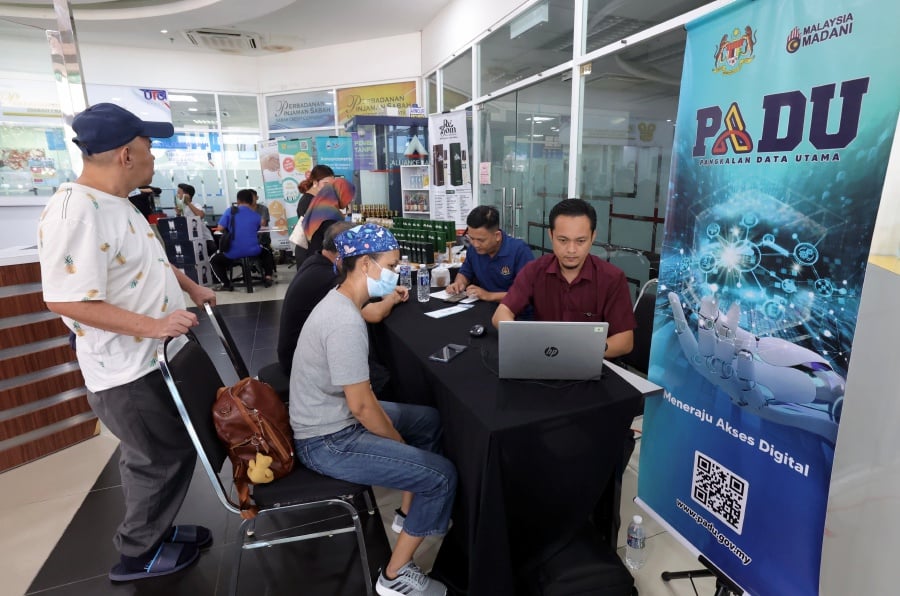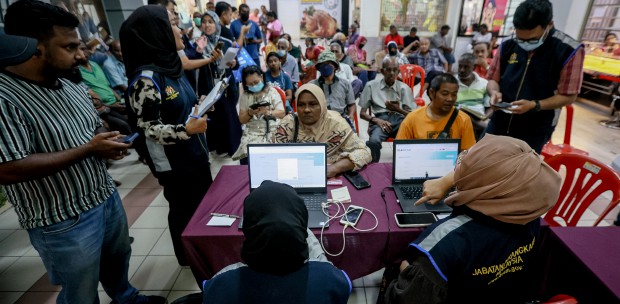LETTERS: On Jan 2, the government launched the Centralised Database Hub (Padu) as part of its effort at targeted subsidy re-identification.
People have until March 31 to provide their details to the government via Padu to demonstrate that they are entitled to receive government benefits.
The 2024 Budget still has allocations for petrol subsidies but many argued that this would limit Malaysia's fiscal space. Simply put, more spent on subsidies would mean less money to spend on other national priorities.
The unity government's bold move shows the importance it places on putting to action policies.
Padu relies on the power of digitalisation to help the government operate more transparently and efficiently, and give citizens access to public services. If people do not register on Padu, they are not in the system when the list of subsidy recipients is drawn up.
The algorithm also helps curb falsification as citizens upload their details.
What is also most significant is that agencies are encouraged to share data in a more extensive manner. It is imperative that government organisations share information freely. If not, this can be a stumbling block when charting policy direction.
The Padu initiative is the combined effort of the Economy Ministry, the Department of Statistics Malaysia (DoSM), and the Malaysian Administrative Modernisation and Management Planning Unit (Mampu).
Officers from the National Registration Department, Employees Provident Fund, Inland Revenue Board and scores of other government agencies have agreed to compile their data in Padu. This demanded a process of them signing data-sharing agreements to address the legality of the issue.
We now wait for the omnibus law to be gazetted, to facilitate the sharing of data among government agencies via Padu. Hence, for the first time, the government owns a database that unified all microdata captured by the scores of government institutions.
The Padu initiative goes against the tendency of government agencies to work in silos and marking out their bureaucratic territories. Imagine the impact of a collaborative effort and networked environment would have on policy implementation, and what has been lost in not embracing it earlier.
What comes to mind are the scores of sound economic plans over the years that may not have been well executed because of a fragmented policy implementation.
But Padu may be far from perfect on several grounds, including:
WHY ask citizens and permanent residents to register when the government has the data? Clearly, the government is re-classifying or re-identifying the recipients of subsidies. It is also very normal for data systems to update information that it compiles.
THE risk of data leakage has not been addressed. This would inject fear in many and would be a deterrent. Such technical challenges should be settled quickly. Despite all the criticism it has drawn, Padu is a sign that Malaysia is attempting to be more nimble in its policies.
ZARINA NALLA
Chief operating officer and acting chief executive officer, Malaysian Institute of Economic Research
The views expressed in this article are the author's own and do not necessarily reflect those of the New Straits Times





